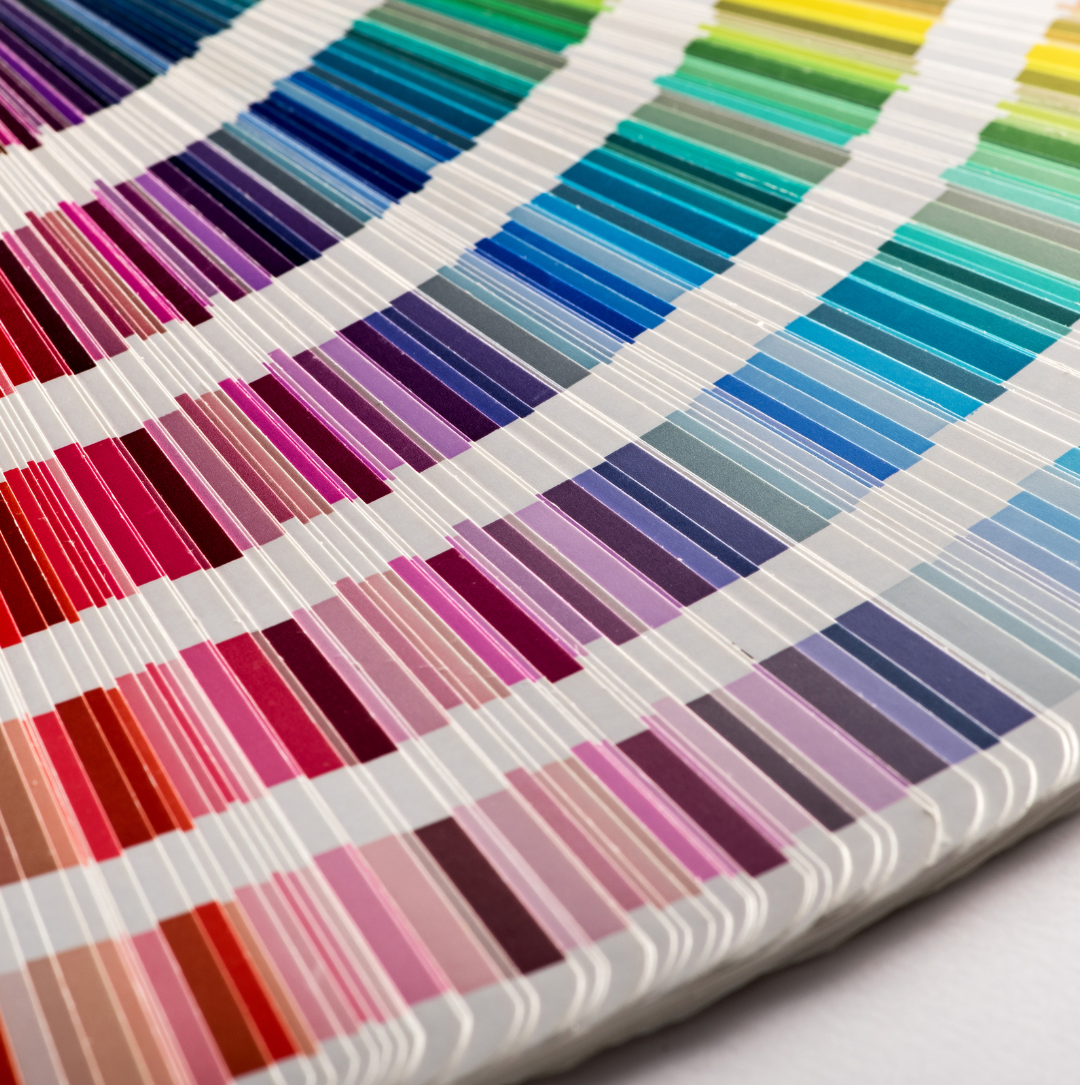
What is Color Psychology?
Share
We all have our favorite colors, but did you know there is a whole science behind color and mood? It's called color psychology—the study of how different colors impact your emotions and behavior.
According to the American Academy of Ophthalmology, scientists estimate that humans can see up to 10 million different colors. Each color has its own cultural and psychological qualities and various shades of light and dark.
The most commonly recognized colors and their symbolism in the west are listed below. In other parts of the world, the symbolism of color may differ. For example, red is a symbol of purity in India and good luck in China.
Red - passion, energy, aggression
Orange - enthusiasm and warmth
Yellow - happiness, optimism, youth
Green - harmony, health
Turquoise - calmness and clarity
Blue - trust, loyalty, tranquility
Purple - royalty, spirituality, imagination
Pink - love and compassion
Brown - stability and reliability
Black - power and sophistication
Grey - compromise and control
White - purity and innocence
Fast Facts:
- Purple is associated with royalty—since purple is a color not frequently found in nature, historically only royalty could afford purple dye.
- A sleep study of over 2,000 homes determined that blue is the best color for sleep (participants slept the longest in blue bedrooms).
- In a child's room or an office, the color green can help with learning and focus. The color is shown to be calming and restorative.
- Soft yellow is great for a living room, giving the feeling of sunlight. Calming neutrals are also popular, providing a sense of steadiness and sophistication.
- When people make quick decisions about purchasing a product, a significant amount of the decision is based on color. Studies show that color increases brand recognition up to 80%.
For artists, color choices can feel very intuitive and are one of the best ways to express a mood or feeling. You can determine your own preferences by noticing how you feel when you wear certain colors or walk into a room painted a particular shade.
I have an office with two green walls that I find very soothing, as it makes me feel connected to nature. I'm also and am frequently drawn to purple, as you see in my brand colors! Exploring color is another way to get to know yourself and your environment a bit more. Have fun with it!
"Knowing yourself is the beginning of all wisdom" —Aristotle
References:
Color Psychology: How Color Affects Your Emotions And Why
Mukamal, Reena. “How Humans See in Color” American Academy of Ophthamology, https://www.aao.org/eye-health/tips-prevention/how-humans-see-in-color.
Author: Katie Weaver
You may also like:
How to Wire Your Brain for Happiness
5 Benefits of Art & Crafting for Mental Health and Connection
Returning to Childhood Hobbies and Interests
Sign up for my newsletter here.
*My twice a month newsletter includes studio updates, inspiration behind my work, and links to all the blog posts so you won't miss anything! I'd love to have you join my community!
